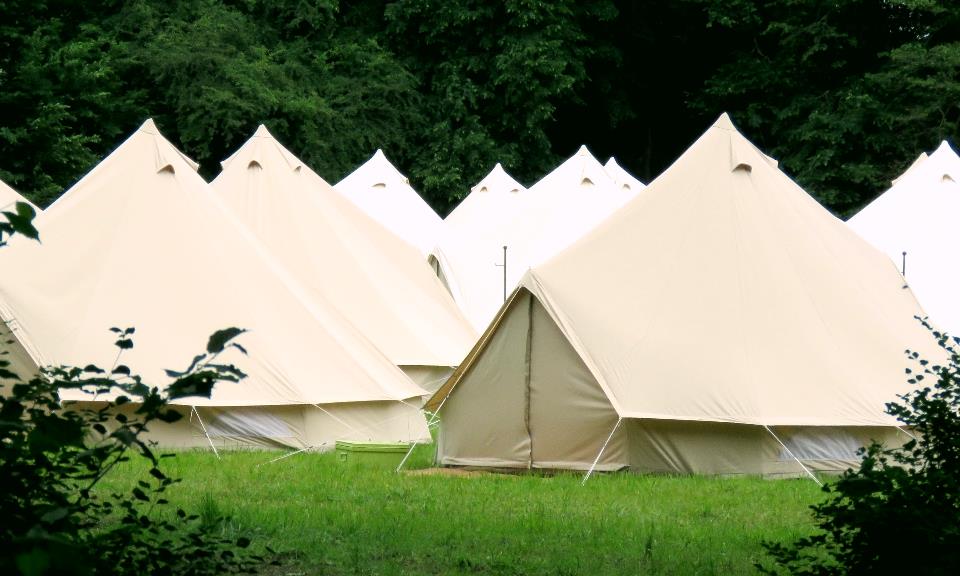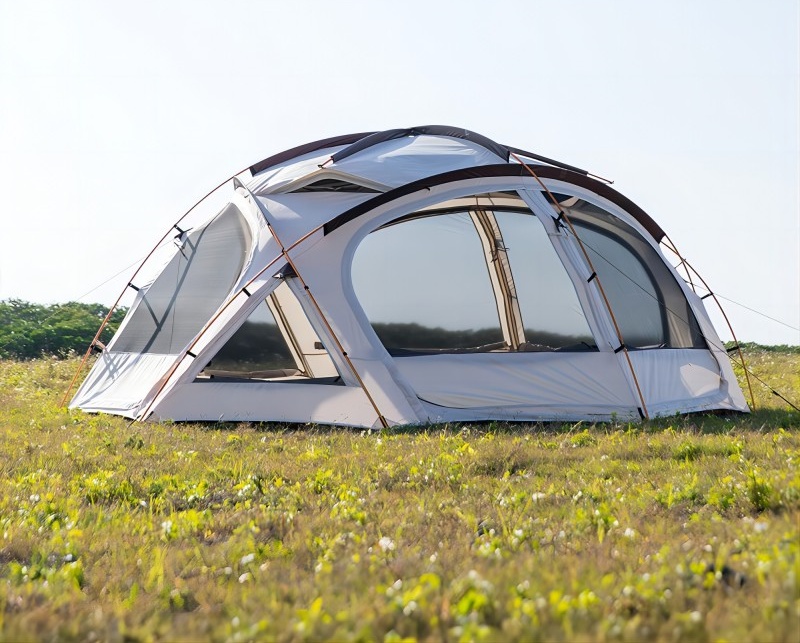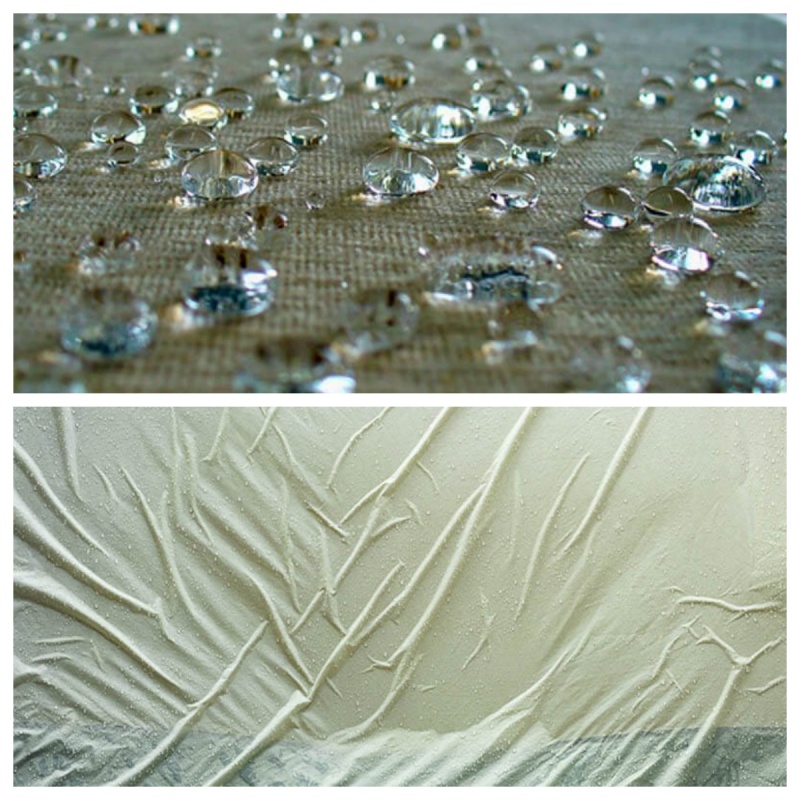
When it comes to choosing a tent for camping or outdoor adventures, the tent's material is a critical factor to consider. While nylon tents are popular due to their lightweight nature and affordability, canvas tents offer a range of benefits that often make them the superior choice for many outdoor enthusiasts. Here’s a detailed comparison of canvas tents and nylon tents, highlighting why canvas is considered the best tent material.



While both canvas and nylon tents have their merits, canvas tents stand out for their durability, weather resistance, comfort, and environmental friendliness. They provide a reliable and comfortable shelter for long-term and extreme weather conditions, making them an excellent choice for serious campers and outdoor enthusiasts. Although heavier and more cumbersome to transport, the benefits of canvas tents often outweigh the drawbacks, particularly for those who prioritize longevity and overall camping experience.